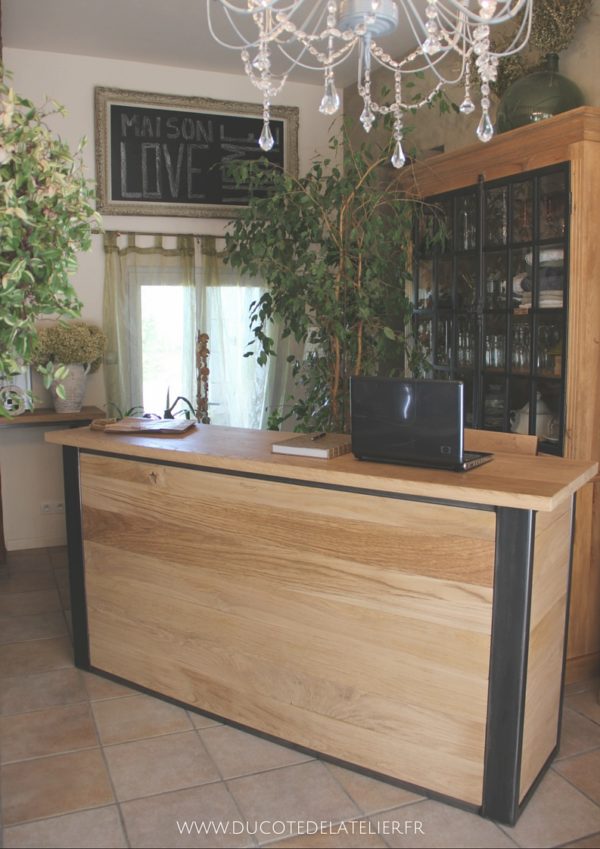

In this case, the meaning of the verb often changes. We use avoir when descendre, (r)entrer, (re)monter, retourner and sortir are followed by a direct object. I had gone to Brittany on holiday.Ĭheck out our page on avoir/être to pick up some tips on remembering which verbs take être as their auxiliary in the compound tenses. with the following verbs of movement and their related forms: naître/mourir to be born/to die, aller/venir to go/to come, monter/descendre to go up/to go down, arriver/partir to arrive/to leave, entrer/sortir to enter/to go out, apparaître to appear, rester to stay, retourner to return, tomber to fall and their related forms such as: revenir to come back, rentrer to go back in, remonter to go back up, redescendre to go back down, repartir to leave again.Įxample: J’ étais parti(e) en vacances en Bretagne.


with reflexive verbs Example: Je m’étais trompé(e) dans mon calcul.Most verbs construct the plus-que-parfait using avoir, however être is used as the auxiliary verb in the following cases: Example: Je ne m’étais pas trompé dans mon calcul. I had left.→ I had not left.įor reflexive verbs, the reflexive pronoun comes after the first part of the negation (ne) and before the auxiliary verb (avoir/être). In negative sentences, the past participle comes after the second part of the negation (pas).


 0 kommentar(er)
0 kommentar(er)
